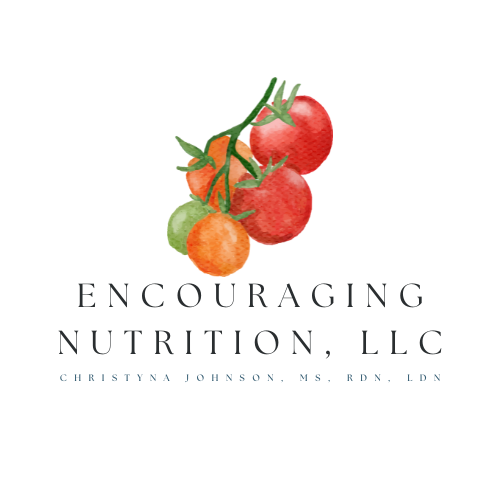Part of Intuitive Eating is learning what it feels like when we are hungry and full.

If we’ve spent years ignoring those cues, we can forget what that feels like. In my journey, I could only tell I was full when I felt uncomfortable. Sometimes so uncomfortable that I was in distress. In time, I learned that fullness will pass. My body knows what to do with the food I give it. So let’s talk about knowing when we’ve had enough.
I want to preface this for those who are in the early stages of recovery from an eating disorder or disordered eating. We have spent long enough ignoring our body cues, that we need to rely on the wisdom of our treatment team. This can be used to help you learn your cues as you’re moving through recovery, but is not intended to replace treatment.
Early Signs
If you’ve read The Nuance of Hunger, then you know the signs of hunger like increased light-headedness and increased anxiety. These feelings begin to subside as we approach fullness.
Other positive feelings may arise like motivation, increased focus, more stable mood.
Middle of the Road
If you notice you’re starting to lose interest in your meal, that is a sign that you’re starting to get full. I can make a meal that I’m very excited about that is full of flavor and texture. As I progress through, the flavors are no longer as exciting. I my notice that I take longer between bites. This is also a sign that I’m starting to feel full.
As you get more in tune with your body, you may be able to notice when your stomach is pleasantly full. This is not uncomfortable. It is pleasantly satisfied. You feel comfortable, satisfied, and no longer hungry.

Too Far Gone
When we’re overly full, this is often uncomfortable, painful, and distressing. We can feel like we failed, like we’re out of control, like we’ll never get the hang of this. I can say with confidence that you’ll get better at this with time. It’s a learning process.
Feeling uncomfortable, like stomach distension, pants are tight, feeling nauseous. These are all signs that we are too full. This level has an incredible amount of nuance. We can feel this full after snacks or a meal. We can feel this full after a meal we’ve had many times. If our meals are 2-3 hours apart, we can feel this fullness more often.
Take some deep breaths and use some coping skills. This fullness will pass. Your body knows what to do with your meal. You won’t feel this full forever.
Words of Wisdom

I want you to know that I have so much compassion for you as you are on this journey to re-learning your body and coming back home to it. I also want you to know that there will be times down the road where you will end up too full. It happens to all of us. It doesn’t mean you’ve failed. It’s a learning experience. Give yourself grace.
If you are in recovery from an eating disorder/disordered eating and you are working with a treatment team, I would not recommend deviating from your meal plan without first consulting your team. Feeling this full is often times apart of the process of recovery, as you get further into recovery your fullness cues may change, so hang in there 🙂
In the beginning this will feel very overwhelming. The urge to compensate will be high. Keep breathing, reach out for support, use some coping skills. Learning to tolerate this discomfort is so important. As you move through recovery, you will find that being this full becomes less distressing. In my own experience, I find myself overly full sometimes. I know that my body knows what to do with it. I keep going with my day. If it’s severely uncomfortable, I may chose to adjust my clothing (if applicable), or my posture. But I can tolerate being too full, it too will pass.
TL;DR
- Fullness occurs before our pants are uncomfortable. Losing interest in the meal is a sign of fullness.
- Being overly full is part of recovery from a disordered relationship with food. Having coping skills to tolerate the distress is essential.
- If you’re unsure where to start, don’t hesitate to reach out!
Today is the best day to change your life!

